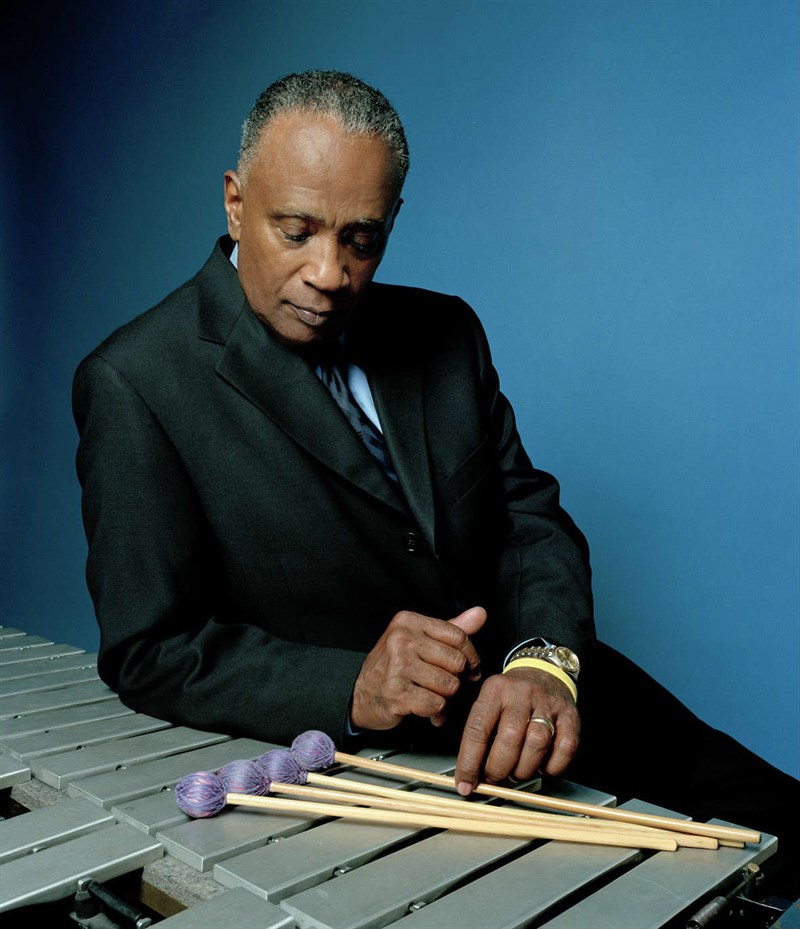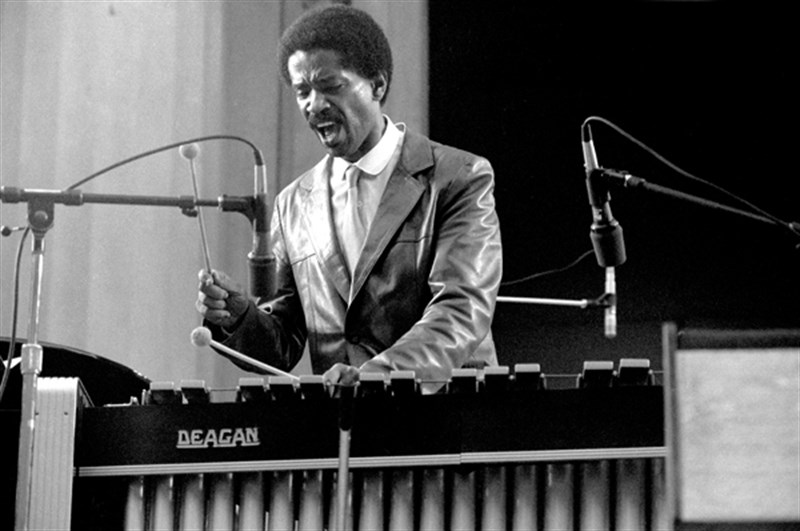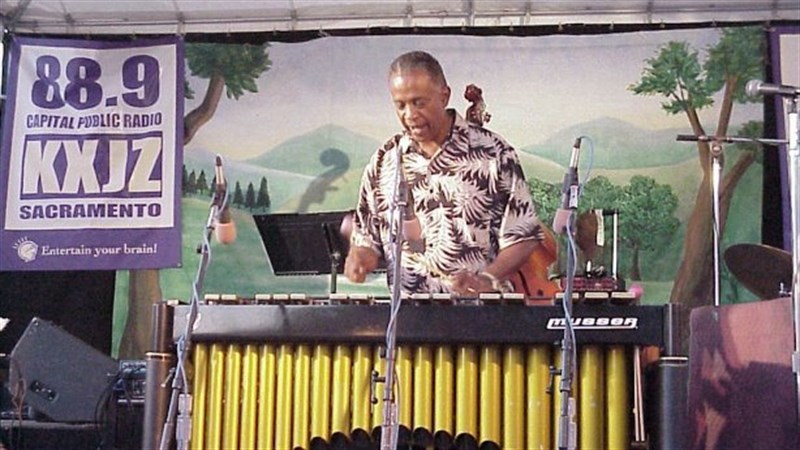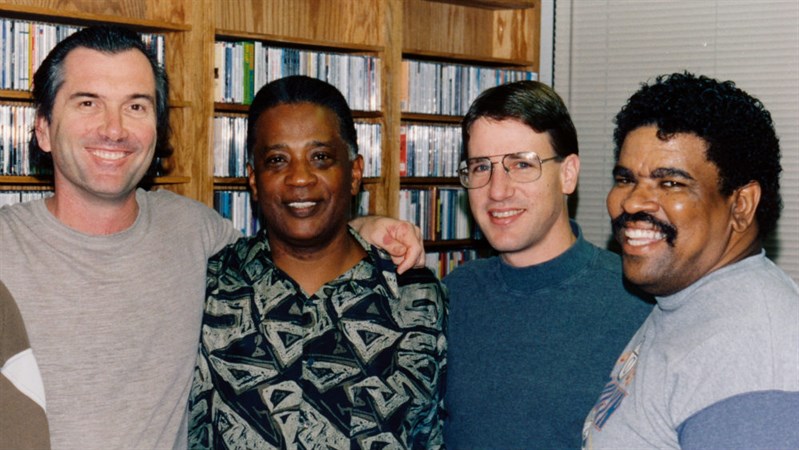Wednesday, August 17, 2016
Like millions of music lovers around the globe, my heart sunk when I heard the news that jazz great Bobby Hutcherson had left us. He died on August 15th at the age of 75. While it is heartening to read the many tributes to Bobby that have followed, along with the fond remembrances of his friends and colleagues, I wanted to share a bit of his life and legacy in his own words to give you a fuller picture of this amazing man.
I had the great priviledge of interviewing Bobby for a documentary I produced for NPR's Jazz Profiles series, hosted by renowned jazz vocalist Nancy Wilson. Unfortunately the series is out of production so we can't offer up the full one-hour program. Instead we offer you these excerpts featuring comments by Bobby Hutcherson and others who knew him well.

credit: artist photo
In this excerpt Bobby explains how he decided to play the vibes as a youngster growing up in Pasadena and tells the story of his first public performance, which was a self-described disaster.
Why Vibes?
Update RequiredTo play audio, update browser or
Flash plugin.
Blue Note Records was the hub of jazz innovation in the 1960's and 70's and after moving to New York, Bobby found himself right in the middle of it. He would go on to become Blue Note's "house vibist"appearing on dozens of albums for the label, both as a leader and sideman. As Bobby tells explains, it all started during his first Blue Note session with saxophonist Jackie McLean when label co-founder Alfred Lion pulled him aside.
Bobby on Blue Note
Update RequiredTo play audio, update browser or
Flash plugin.
Bobby's incredible technique, sensitive ears and good nature made him valuable on any record date. But his creative, colorful approach to music overall set him apart. Listen to Bobby explain why he believed there was no such thing as a "wrong" note.
'Every note fits'
Update RequiredTo play audio, update browser or
Flash plugin.

Brian McMillen / Wikipedia
As great a player as Bobby was, he was also a tremendous composer. Many of his tunes are favored by fellow musicians and have become jazz standards. The first one, though, was a pretty simple blues called "Oatmeal," which Bobby wrote for a session with pianist Les McCann.
Oatmeal
Update RequiredTo play audio, update browser or
Flash plugin.
Hear the story behind one of Bobby's best known and most beloved compositions.
Bobby on Little B's Poem
Update RequiredTo play audio, update browser or
Flash plugin.
 Bobby Hutcherson performing in Old Sacramento in the early 2000's
Bobby Hutcherson performing in Old Sacramento in the early 2000's
Friends describe Bobby as an extremely positive man with a great sense of humor and a strong work ethic. Bobby had to call heavily upon all of those traits after he sustained a serious injury in 1981.
What Bobby learned from the accident that nearly ended his career
Update RequiredTo play audio, update browser or
Flash plugin.
Although he was acknowledged by the National Endowment for the Arts as a Jazz Master in 2010, Bobby Hutcherson never received the widespread attention and acclaim he so richly deserved over the course of his remarkable career. Some say this was due to the fact that he chose to live in northern California instead of New York for the last 30 plus years. Whatever the reason, like most great artists, fame didn't matter much to Bobby. Listen to him describe what was important to him. And hear how Stefon Harris, Greg Kurstin and McCoy Tyner describe Bobby Hutcherson, the man.
Bobby on life
Update RequiredTo play audio, update browser or
Flash plugin.
 Bobby Hutcherson with CapRadio jazz staffers Gary Vercelli, Paul Conley and Carver Barney in the mid 1990's
Bobby Hutcherson with CapRadio jazz staffers Gary Vercelli, Paul Conley and Carver Barney in the mid 1990's
Audio excerpts courtesy of NPR from the 2001 "Jazz Profiles" documentary hosted by Nancy Wilson